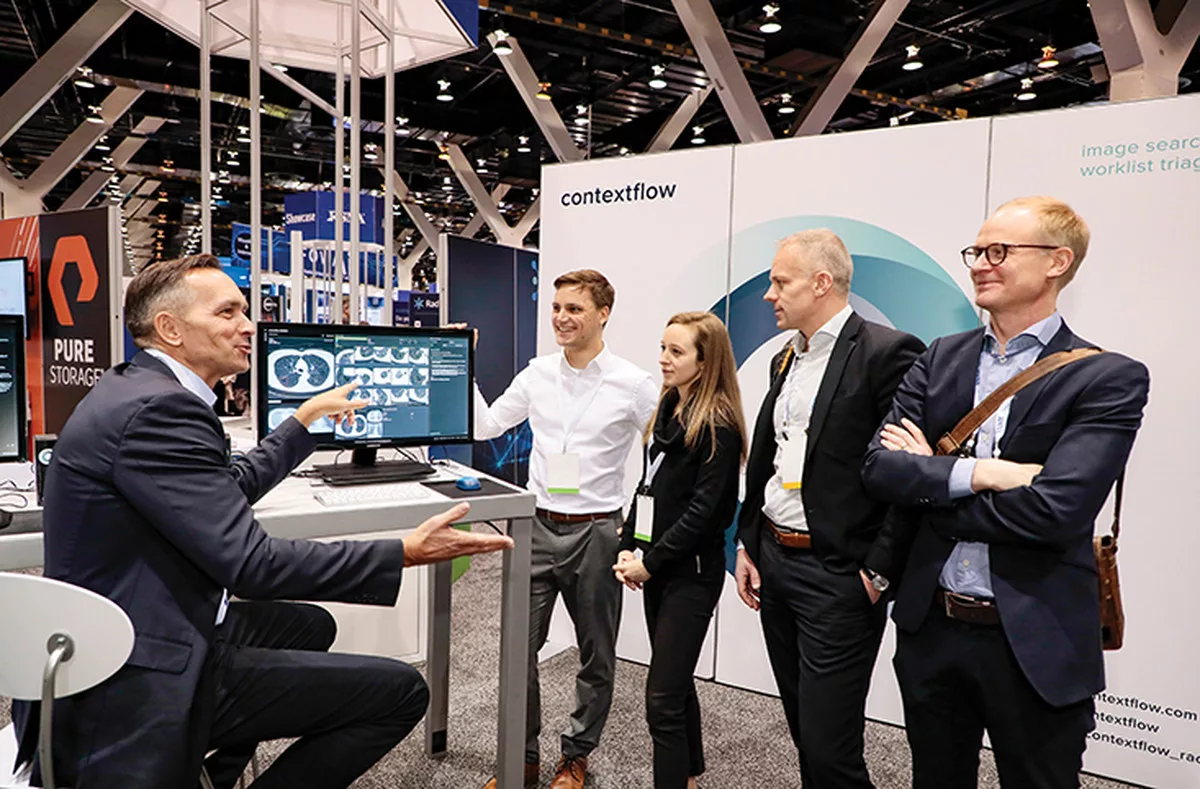Cat-scratch disease (CSD) is a common childhood infection typically presenting with tender lymphadenopathy, often in those with recent exposure to cats. It should be considered in the differential diagnosis of any lymphadenopathy syndrome. Diagnosis is supported by a history of contact with cats and confirmed by a positive serologic test for Bartonella henselae. Ultrasound is the first-line imaging approach for evaluating lymphadenopathy, where typical findings in CSD include a hypoechoic lobular or oval mass with central hyperemia, sometimes accompanied by adjacent fluid collection and surrounding edema. These characteristics can help distinguish CSD from other causes of lymphadenopathy. Here, we report the case of a 7-year-old girl who presented with axillary lymphadenopathy but without a recent history of cat exposure. Ultrasound findings were suggestive of CSD, which prompted a closer examination of her medical history. The ultrasound showed characteristic signs consistent with CSD, leading clinicians to pursue further investigation despite the lack of recent cat contact. Subsequent serologic testing confirmed the presence of B. henselae, confirming the diagnosis. At this point, the family recalled that the child had been scratched by a kitten about six months prior, which had been forgotten during initial questioning. This case highlights the importance of ultrasound in guiding diagnostic considerations for atypical presentations of CSD, as well as the need for thorough patient history to aid in diagnosis. Ultrasound can be particularly valuable in identifying key indicators of CSD and prompting additional historical details that may have been initially overlooked.
support@ehealthcommunity.org
Unlock Your Journey to Excellence in Healthcare!
Join our community of healthcare enthusiasts and gain access to cutting-edge courses, expert insights, and networking opportunities. Elevate your career – sign up now for a brighter, more informed tomorrow!
For Candidates
©2024 eHealth Community. All Rights Reserved. Developed By UMI Group LLC










